Isn’t this time of year when we assess where we are with our reading? I’ve taken stock and here are the hard numbers. I enjoyed most if not all of the books I read this year, and I cannot wait to see what 2015 has in store for me.
2014 War Through the Generations Challenge With a Twist
- signed up for Expert: Read 2+ books for each war for a total of 12 books
- read 34 (including 2 per war)
2014 Historical Fiction Reading Challenge
- signed up for Renaissance Reader – 10 books
- read 38
2014 Portuguese Historical Fiction Challenge
- signed up for Afonsine – 1 to 3 books
- read 1
Dive Into Poetry 2014
- signed up for Dive in and read 7 or more books of poetry
- read 24
New Authors Challenge 2014
- signed up for 50 New-to-Me Authors
- read 84
2014 European Reading Challenge
- signed up for Five Star (Deluxe Entourage) — at least five books by different European authors or books set in different European countries.
- read 28 (Italy, Czechoslovakia, Poland, Austria, Scotland, England, Crete, Greece, Ireland, France, Germany, Portugal, Monaco, Hungary, Norway)
Ireland Reading Challenge 2014
- signed up for Shamrock level: 4 books
- read 4
How did you do on reading challenges this year?

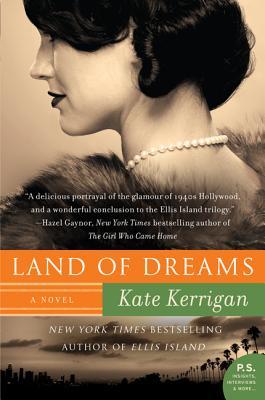
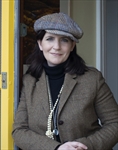 About the Author:
About the Author: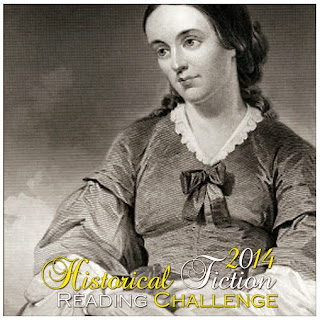

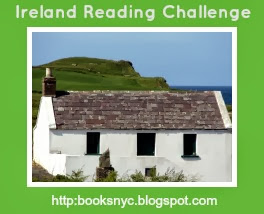

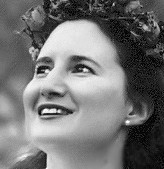 About the Author:
About the Author:

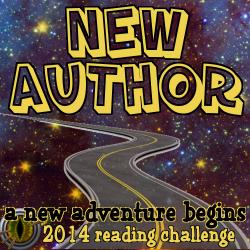



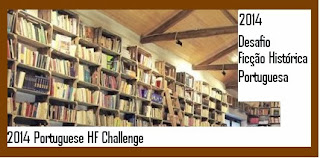

 About the Author:
About the Author: This is my 4th and final book for the Ireland Reading Challenge 2013.
This is my 4th and final book for the Ireland Reading Challenge 2013.
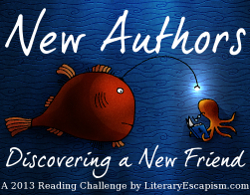
 About the Author:
About the Author:
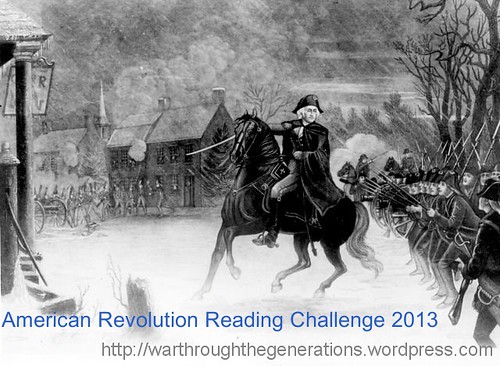 For this challenge, which I co-host with Anna at
For this challenge, which I co-host with Anna at 
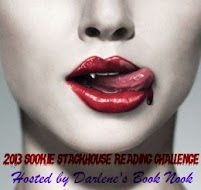

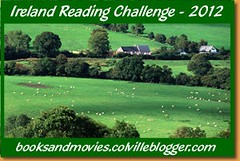

 And finally, for my own two challenges, the Fearless Poetry Exploration Reading Challenge and the WWI Reading Challenge, I exceeded my goals there as well. For the poetry challenge, I pledged to read more than I had read in a previous poetry challenge (in which I read 15) and I read 29 books. There could be more!
And finally, for my own two challenges, the Fearless Poetry Exploration Reading Challenge and the WWI Reading Challenge, I exceeded my goals there as well. For the poetry challenge, I pledged to read more than I had read in a previous poetry challenge (in which I read 15) and I read 29 books. There could be more!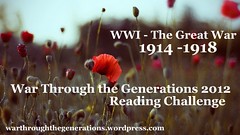 For the
For the 


